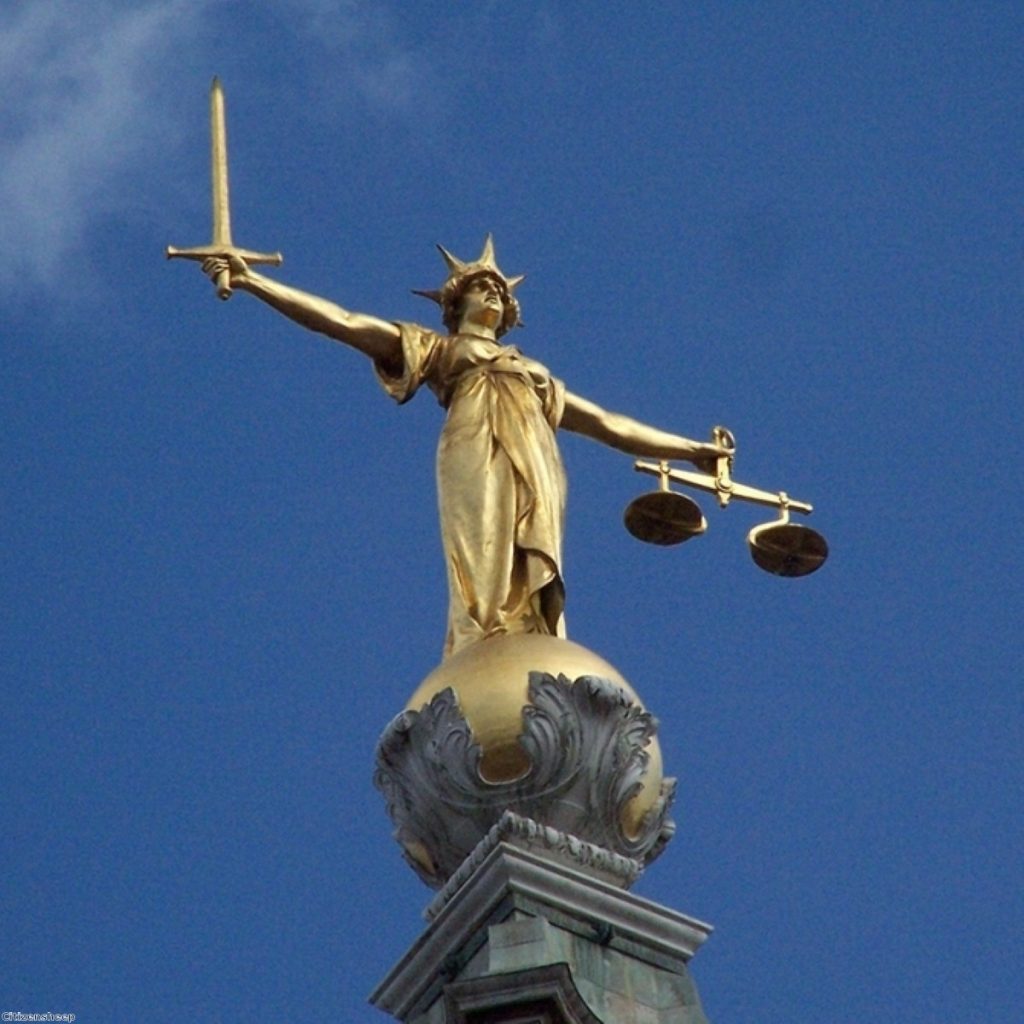Secret courts: Another Lib Dem resignation
The Liberal Democrats suffered another high profile resignation over secret courts today, as prominent human rights lawyer Philippe Sands quit the party.
He follows Dinah Rose and Jo Shaw, who both quit the party during its spring conference this weekend saying it has failed to stick to its principles on civil liberties.
"If adopted, the bill will put British judges in the invidious position of adjudging certain civil claims under conditions in which one party will not be entitled to see the evidence on which the opposing party relies," Sands, a professor of international law at University College London, wrote in the Guardian.
"I accept too that there may be times when the country faces a threat of such gravity and imminence that the exceptional measure of closed material proceedings [secret courts] might be needed.


"This is not such a time, and the bill is not such a measure. Under conditions prevailing today, this part of the bill is not pragmatic or proportionate. It is wrong in principle, and will not deliver justice," he added.
"It will be used to shield governmental wrongdoing from public and judicial scrutiny under conditions that are fair and just. The bill threatens greater corrosion of the rights of the individual in the UK, in the name of 'national security'."
If the bill goes through as currently drafted, "Liberal Democrats will find themselves in a different place, having lost integrity on one issue that has truly distinguished them from other parties," he wrote.
Just seven of the party's 57 MPs opposed the bill when it went through the Commons last week and the government appears set on rushing it through the legislative process before there is a chance for the Lib Dem rebellion to grow.
Amid the noise of the Chris Huhne and Lord Rennard scandals, the sense of unease among Lib Dem members about the bill has been barely reported.
But many activists feel they won the Eastleigh by-election for the leadership and are increasingly angry at the aloof approach adopted by Nick Clegg on the issue.
The growing rebellion also suggests the Lib Dem leadership may struggle to quell discontent when the 'snoopers' charter' bill – which allows intelligence agencies access to the public's phone calls, emails and social media activity – reaches the Commons.
The Lords will consider the bill next on March 26th, when they are likely to demand the return of safeguards which were removed in committee stage in the Commons.
One safeguard would demand the judge at a trial involving matters of national security weigh those concerns against the public interest in open justice. Minister without portfolio Ken Clarke said this demand made the 'closed material procedures' unworkable.
A second safeguard stipulated that the closed sessions could only be used as a last resort. This was rejected on the basis that it would force a lengthy and time-consuming public interest immunity hearing in each case.

